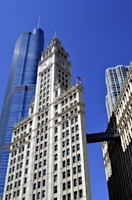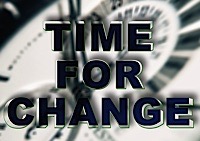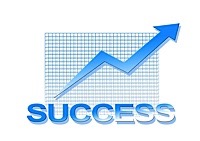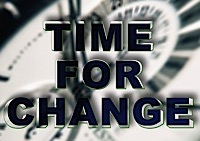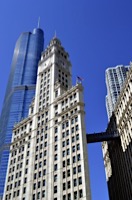
Whenever the White House starts rattling off ideas for goosing the economy and creating jobs, “patent reform” always ranks high on the list. Here was Barack Obama on June 29: “Right now, Congress can send me a bill that would make it easier for entrepreneurs to patent a new product or idea, because we can’t give innovators in other countries a big leg up.”
In the abstract, Obama is onto something. There’s been no shortage of reporting over the years about how the U.S. patent system has become outmoded and can throttle innovation. “This American Life,” for example, recently aired an in-depth segment on patent trolls: firms that exist solely to stockpile patents — often vague patents on basic business methods — and then lob infringement suits at companies trying to market new products. Start-up firms are at risk of being throttled by lawsuits, while many established tech firms spend their time gobbling up patents as a defensive measure, so that they can countersue if the need arises. That’s why Apple, Microsoft and Google have been wrestling one another for the 6,000 patents that went on auction after telecom equipment maker Nortel went bankrupt.



